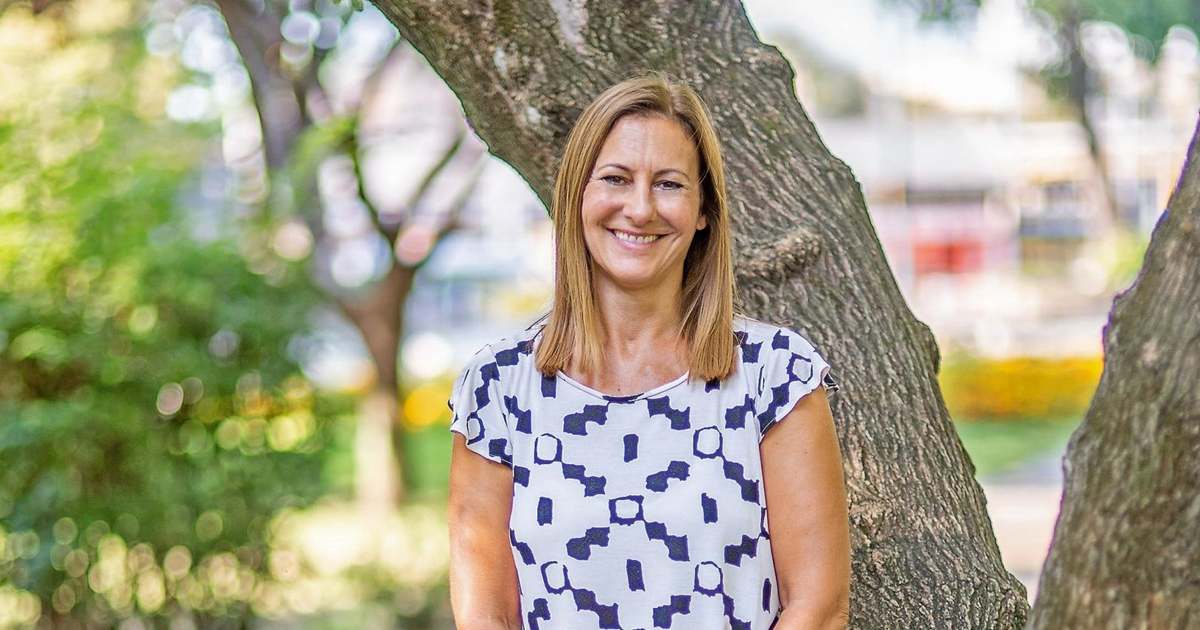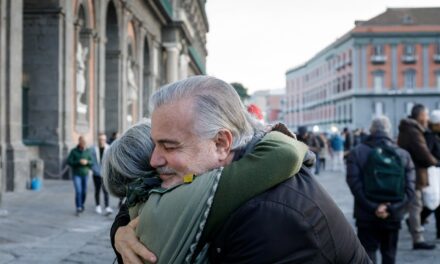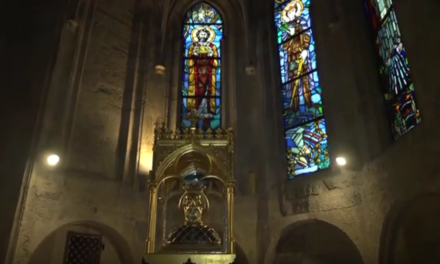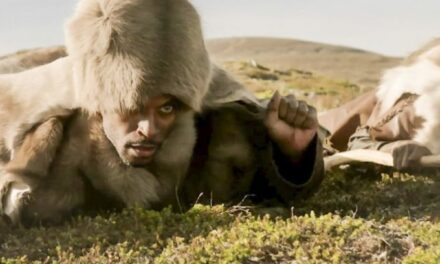"The greatest Hungarian legacy must not only be nurtured, but also continued," says Tímea Széchenyi. Domokos Zováthi talked to the chairman of the board of trustees of the Gróf Széchenyi Family Foundation about family heritage, the responsibility associated with a name, the upheavals of the 20th century and the hopes of the 21st century in Mandiner's new portrait series: The Name is obligatory. We look at it.
Tímea Széchenyi: I myself am a descendant of István Széchenyi's younger brother Pál Széchenyi, he is my great-grandfather, and "the greatest Hungarian" is my great-uncle. It is important to note: I think few people in the country know that
A direct descendant of István Széchenyi also lives in Hungary,
and one of the curators of our foundation, count Géza Széchenyi. His grandfather is Ödön Széchenyi, and his great-grandfather is István.
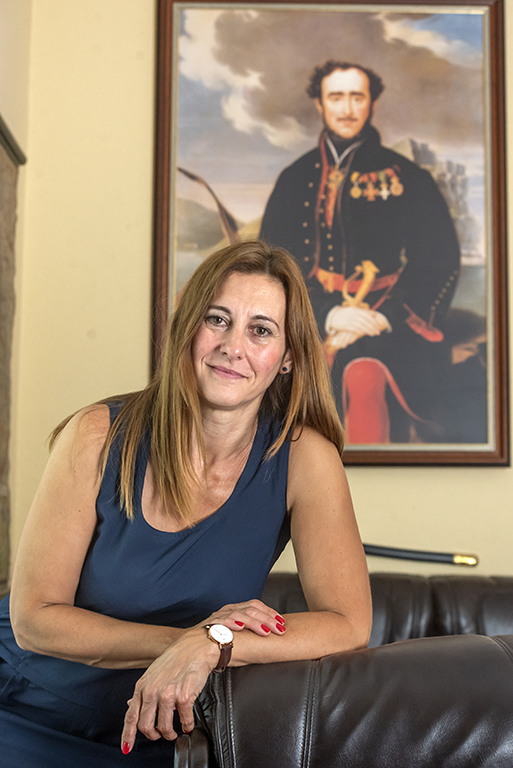
Source: demokrata.hu
The family no longer uses the name count." Because it is forbidden. - says. There is a law from 1947 that has not been changed since. This paragraph was born at the time of nationalization and took away all movable and immovable property, as well as the part of our name that indicates that one belongs to the aristocracy. Count, prince, knight and other titles were taken away from everyone."
Tímea's grandparents stayed in Hungary and lived a very difficult life. "As I research our family history, I keep finding, even now, many sources that really touch me. I am faced with many things that I did not see or hear as a child, because my father hid it and did not talk about these bitter things. says a descendant of Count Széchenyi.
The communist government fought tooth and nail against the aristocracy, but could it also be part of their persecution to deprive Hungary of its history? The motto of that period was to make everyone equal. But that's not what actually happened here. My grandfather's crime was that he was an aristocratic landowner, thus becoming an enemy of the system. They also deprived my family of all their property so that they would not have the strength to continue the economic construction that they have always continued. And yes, it also included the non-existence of Hungarianness, national self-consciousness, and Christianity, since it was not possible to go to church, it was not possible to study.
But communism could not break our family's patriotism either.
When Tímea Széchenyi created the Gróf Széchenyi Family Foundation, it was a heavenly mission for her. "Behind our foundation is a strong belief, which is combined with serious content. I gathered the family eight years ago, when I felt that it was time to move on, to carry on the legacy. The family declared 2021 the year of Széchenyi. The Memorial Day of Historical Hungarian Families is being organized for the fourth year now.
"We asked the entire country that everyone should do something to remember their Hungarianness, the greatest Hungarian. We could hardly complete our tasks, we had to go to so many places, we received so many requests. Many schools, kindergartens and other institutions applied.
With this, we try to relieve the spiritual burden that history has placed on our shoulders with conversations, meetings and candle lighting, as well as ecumenical worship. So far we have held this day at the National Museum, I hope we will hold it there again next time, although we joked that we are slowly outgrowing the venue, because
we already have four hundred registered "families". By "uniting our forces" here, I hope we can do something for this nation as civilians, helping the current Christian government that is doing its job. We have the Széchenyi Camp and the Széchenyi Free Academy in cooperation with Óbuda University.
I found a photo of my father from 1964, and there is a message on the back: "I think of you with a lot of love, look at this memory in 2010." Whether communism or other calamity strikes the country, I think that Hungarianness and our faith cannot be broken."
Not only the name, the nobility also obliges. Noblesse oblige!
Source and full interview: mandiner.hu
Featured image: Szabad Föld/István Bielik

